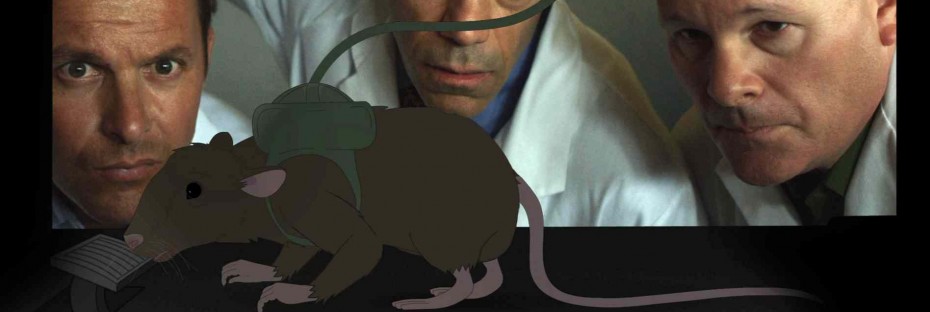‘Addiction Incorporated’ investigates ‘Big Tobacco’ from the inside out

Smoking is bad.
We all know it’s bad. We all pretty much know why it’s bad. But coming to these conclusions was not an overnight development. It took time, lawsuits, congressional hearings and some unbelievable courage to publicly announce the deadly effects of nicotine.
Addiction Incorporated, the new documentary from director Charles Evans Jr., teaches us why it took so long to realize that sucking on a cigarette is so harmful. The 102-minute film, which is currently playing at New York City’s Film Forum, profiles scientist Victor DeNoble, a former researcher for Philip Morris who blew the first whistle on the tobacco industry. The consequences of that first herald are still felt today.
This man testified before Congress about his clandestine research in the 1970s that involved trying to get rats addicted to nicotine. Through his secretive testing, DeNoble was able to prove nicotine’s addictive power. But the problem was that his findings were suppressed and almost never saw the light of day. It took a class-action lawsuit, multiple congressional hearings and the courageous efforts of ABC News to reveal DeNoble’s studies. This tidal wave of revelation proved insurmountable: The tobacco industry had to pony up and pay up.
Much of the headlines from these news items will be familiar to viewers of Addiction Incorporated. Still, Evans is able to build an engaging case study of how corporatism can rule the United States, no matter the health risks. Reviewing these historical benchmarks are important, especially since Big Tobacco is still around and people are still dying on a daily basis.
This doesn’t make watching Addiction Incorporated a positive, soul-warming experience. It’s despicable to see how much power goes unchecked in the American marketplace. Journalism stories are pulled for fear of retribution. Lawyers drop cases for fear of prolonged legal costs. Potential whistleblowers remain in the shadows, unsure of what to do with their damning information. The landscape painted in the documentary is harsh — it’s a jungle out there, with dollar signs in everyone’s eyes.
The film is admirable, although not perfect. Evans sustains the audience’s interest, but he often holds his subjects on too high a pedestal.
There is no denying that what DeNoble and company did for this country was beyond helpful, brave and difficult. Still, their story is not the only one worth focusing on. There’s also the reprehensible and self-serving system of politicians and lobbyists who kept Big Tobacco from answering the tough questions. This side of the issue is only explained in passing, and few feet are held to the fire.
If the greatest critique is that there is too much information to fit into a single movie, then the film is still a quality product. Addiction Incorporated dissects an industry and its players with the expert testimony of people who know the truth. It sets up a classic struggle between financial dominance and the public good. Hopefully, it will serve as a reminder that it’s OK to step forward when something seems wrong and potentially deadly.
By John Soltes / Publisher / John@HollywoodSoapbox.com


